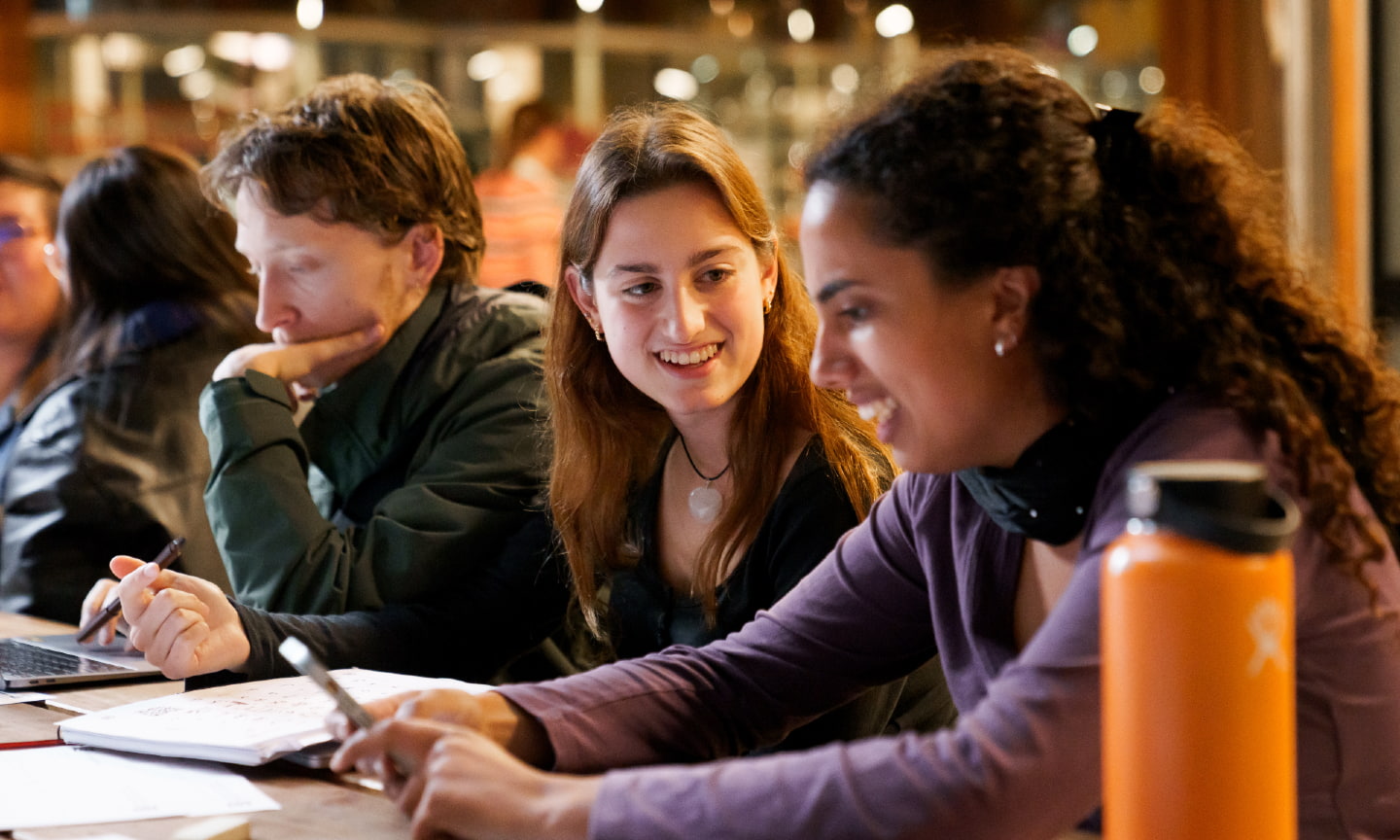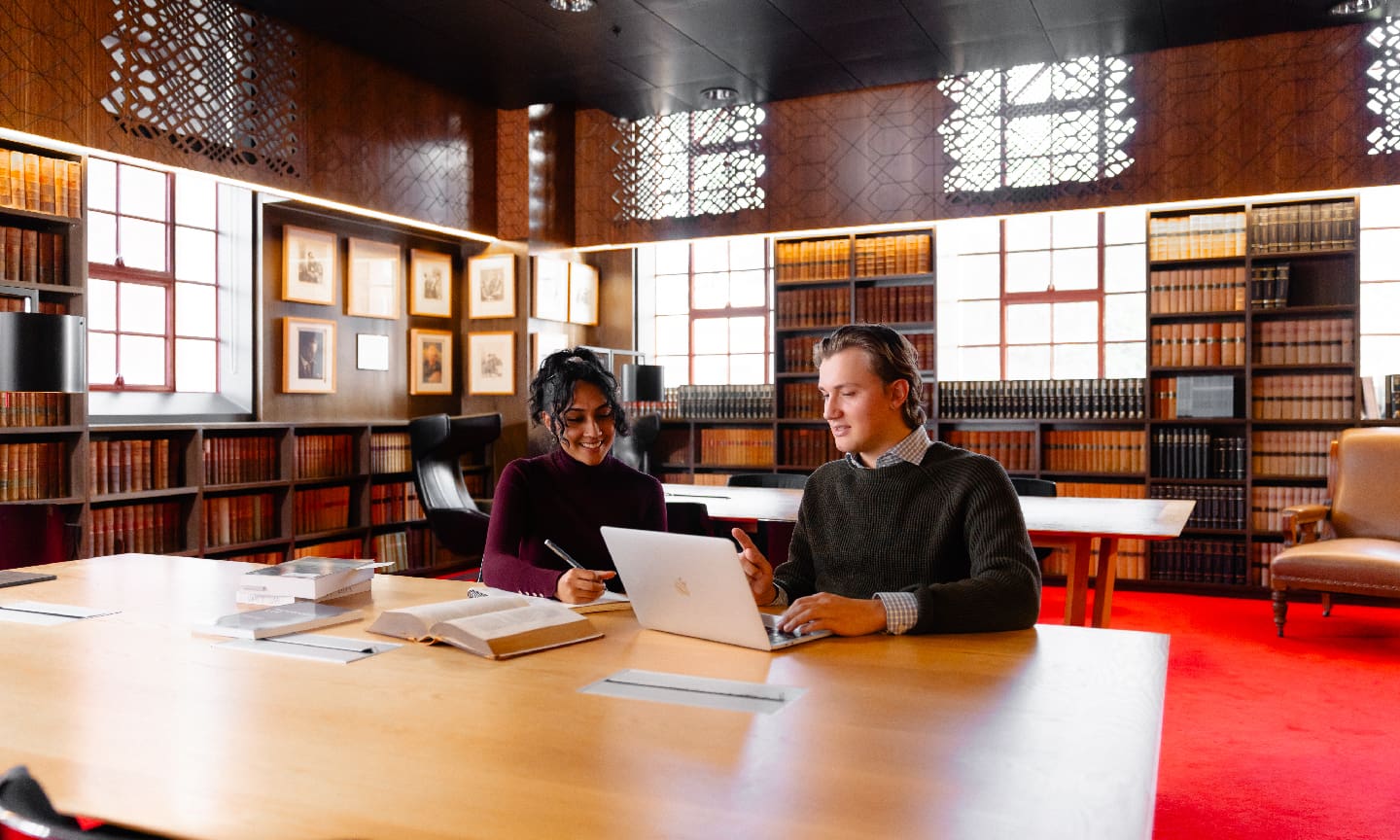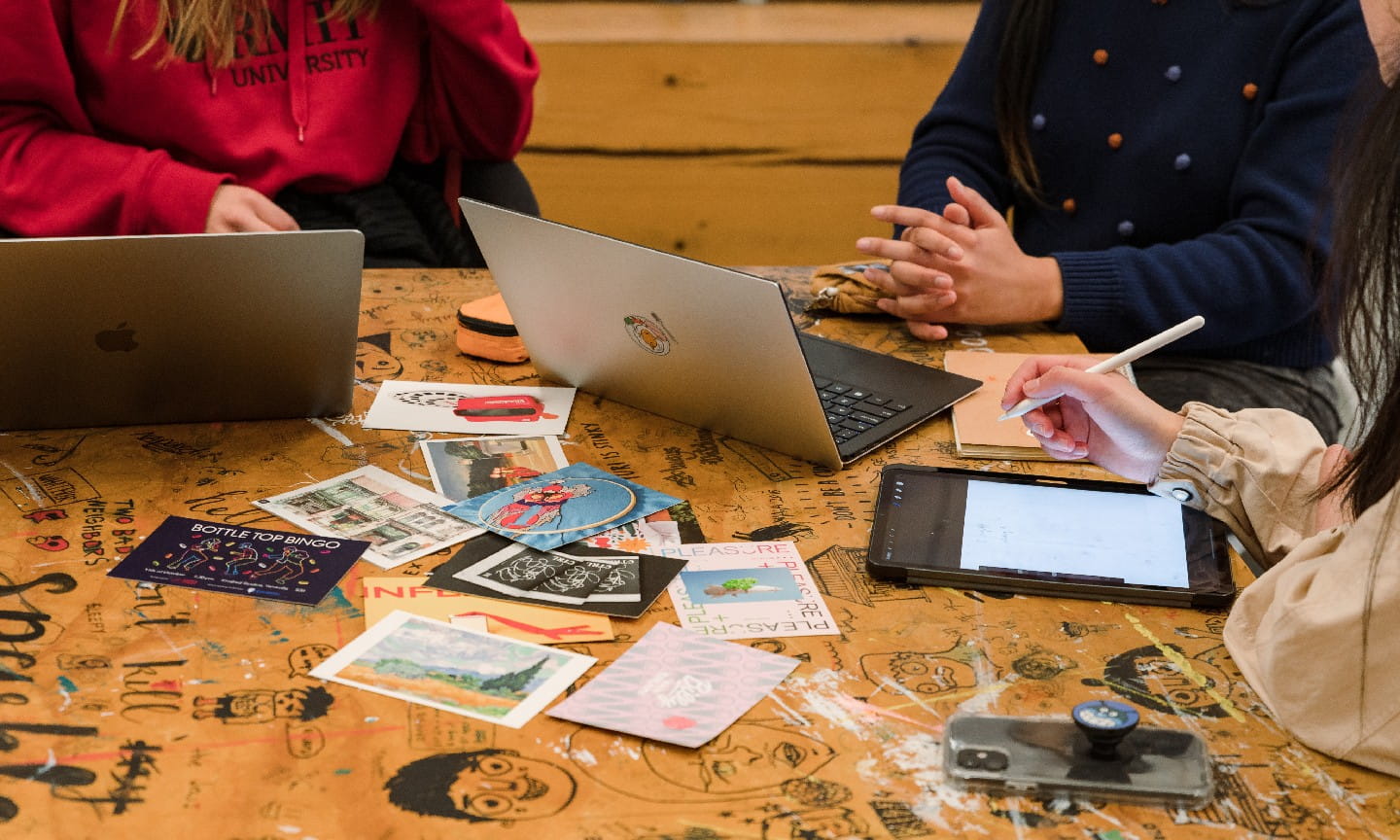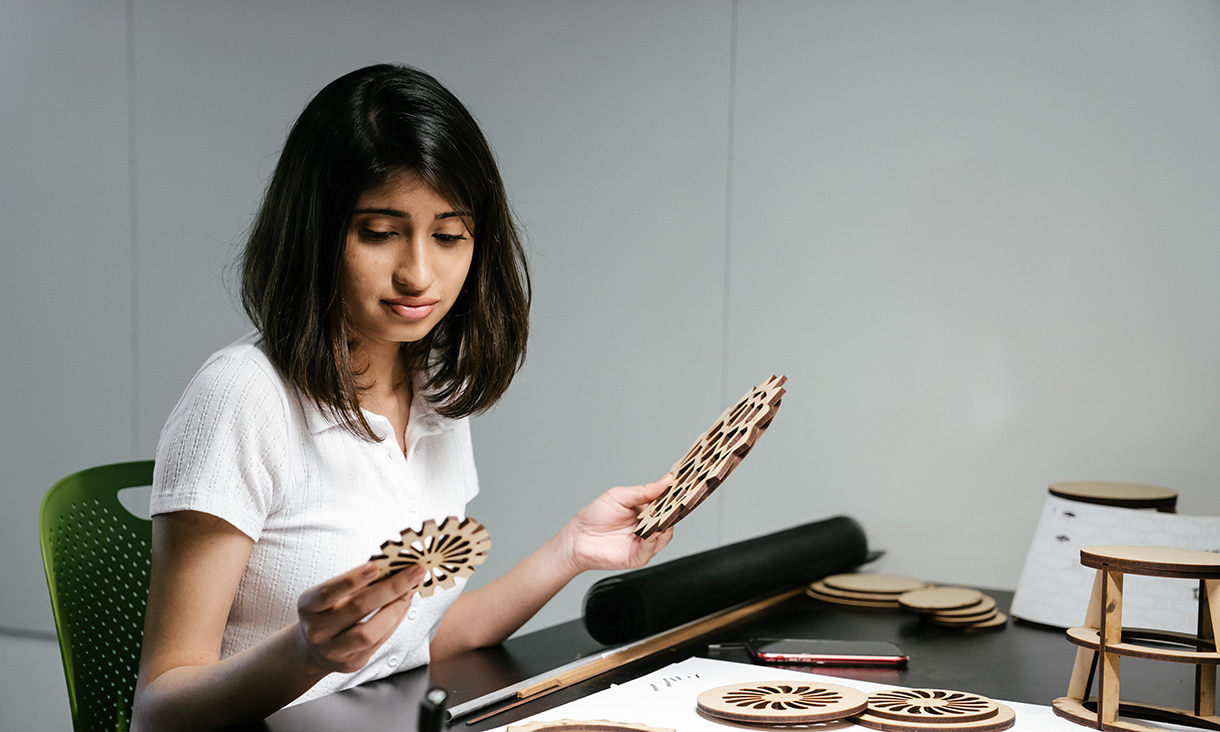#1: Practice active learning
Did you know...
Did you know that if you don’t use new information soon after you learn it, there’s a good chance you’ll forget it? A study from the University of Waterloo shows that if nothing is done with new information within 24 hours of learning it, most people will forget about 50% of what they learn.
How to practice active learning
Try writing new information out a few times over, speaking it out loud, or explaining it to someone else. Reprocessing new information like this sends a signal to your brain that you want to hold onto it, and you’ll be able to retrieve and apply that knowledge at the right time later on in assignments, exams and real-life.
When being taught how to spell, kids learn to look, say, cover, copy and check. This system can be applied to learning subject content at any level.
- When you read something, try to verbally explain it in your own words.
- Cover the page and write out your understanding of what you’ve just read. If you know other concepts that are relevant to what you’re reading, bring them in too.
- After you’ve written out as much as you can, check the material to see if there’s anything you’ve forgotten or misunderstood.
Applying this study tip to uni life
Uni classes are a great time to practice active learning. For example, if you are studying a Bachelor of Business your lectures and workshop classes will be full of ways to apply what you learn, from group projects to presentations.








